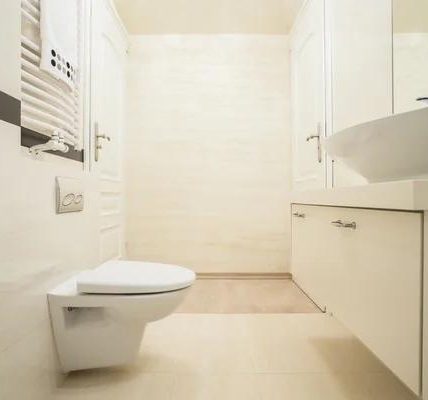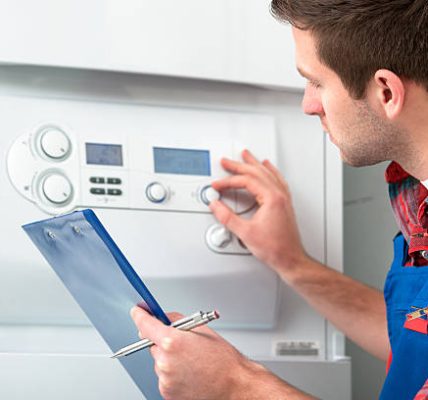Heating, ventilation, and air conditioning (HVAC) systems play a crucial role in maintaining indoor air quality. With advancements in technology, HVAC systems have become more efficient and effective in providing clean and healthy air for occupants. Advanced HVAC technology not only helps in regulating temperature but also ensures better air quality by filtering out pollutants and allergens.
One of the key features of advanced HVAC technology is the use of high-efficiency filters that can trap even the smallest particles like dust, pollen, and pet dander. These filters are designed to improve indoor air quality by removing harmful contaminants that can cause respiratory problems and allergies. By capturing these pollutants, advanced HVAC systems help create a healthier environment for building occupants.
Another important aspect of advanced HVAC technology is the integration of smart sensors and controls. These sensors monitor indoor Trust 1 Services Plumbing, Heating, and Air Conditioning adjust the system settings accordingly to maintain optimal conditions. For example, if the sensors detect high levels of carbon dioxide or volatile organic compounds (VOCs), the HVAC system can increase ventilation rates to dilute these pollutants effectively.
Furthermore, advanced HVAC systems also incorporate energy-efficient components such as variable speed motors and programmable thermostats. These features help reduce energy consumption while maintaining comfort levels inside buildings. By using less energy, advanced HVAC systems not only save money on utility bills but also contribute to environmental sustainability by reducing carbon emissions.
In addition to improved filtration and energy efficiency, some advanced HVAC technologies also offer additional benefits such as humidity control and air purification. Humidity control is essential for preventing mold growth and maintaining a comfortable indoor environment. Advanced HVAC systems can regulate humidity levels through dehumidification processes or by integrating humidifiers into the system.
Air purification technologies like UV germicidal lights or ionizers are also becoming increasingly popular in advanced HVAC systems. These technologies help eliminate bacteria, viruses, mold spores, and other airborne pathogens that can compromise indoor air quality. By incorporating these features into their designs, manufacturers are ensuring that modern HVAC systems not only provide thermal comfort but also promote better health outcomes for occupants.
Overall, advanced HVAC technology has revolutionized the way we think about indoor air quality management. By combining innovative filtration methods with smart controls and energy-efficient components, these systems are setting new standards for clean and healthy environments. As awareness about the importance of indoor air quality continues to grow, investing in advanced HVAC technology is becoming a priority for building owners looking to create safe and comfortable spaces for their occupants.
Trust 1 Services Plumbing, Heating, and Air Conditioning
195 Hanover St # 1, Hanover, MA, 02339
1 617 804 1160









